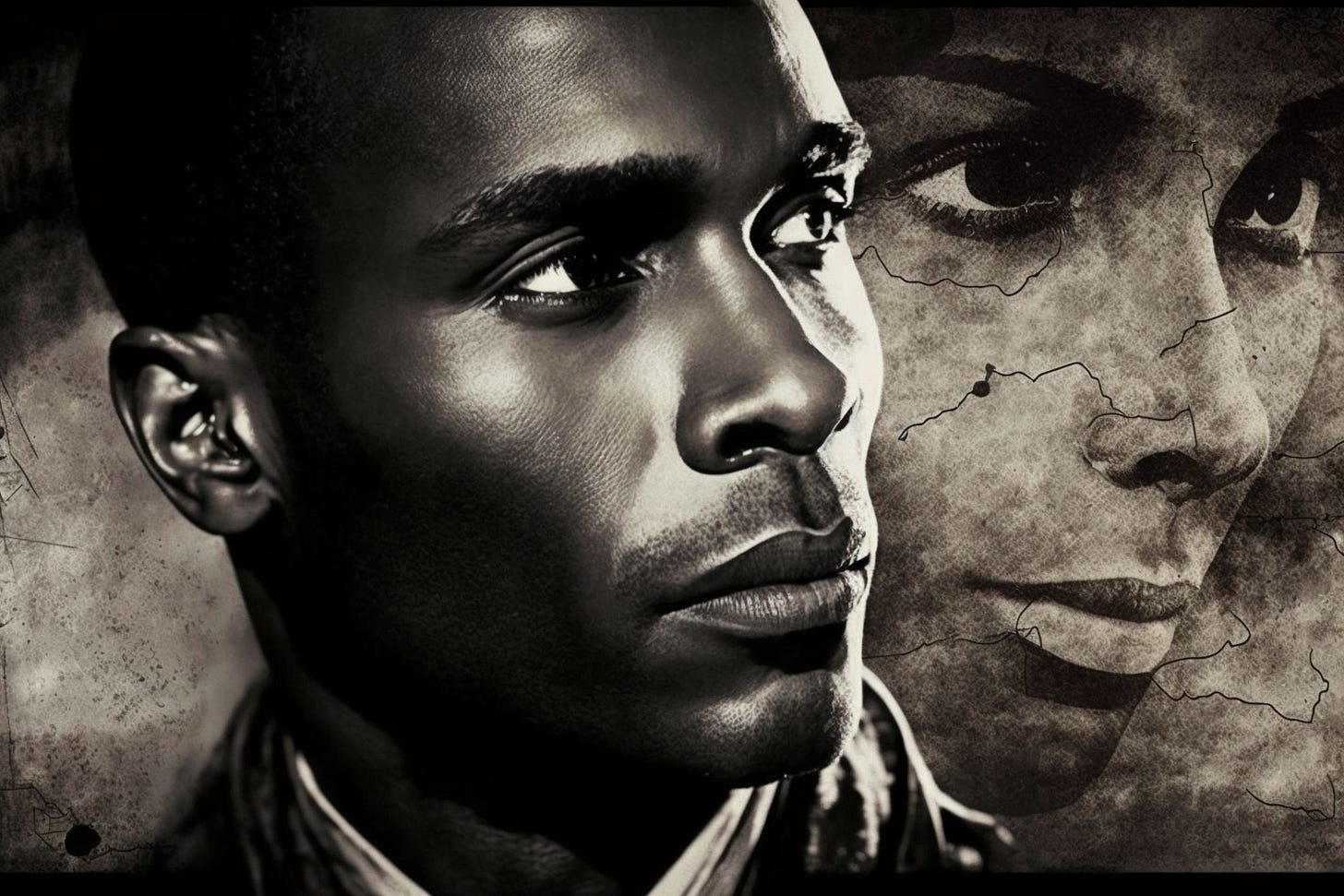Who is Frantz Fanon
Examining the Life, Legacy, and Impact of Frantz Fanon: The Revolutionary Thinker and Anti-Colonialist Advocate
Frantz Fanon (1925-1961) was a French psychiatrist, philosopher and revolutionary thinker who wrote extensively on colonialism and its effects on people of color. He is best known for his book “The Wretched of the Earth” which details ways in which colonial powers suppress indigenous peoples in an effort to maintain their power over them. His works have had great influence throughout the world both before, during, and after his lifetime, as he inspired many debates about race relations and human rights issues among other topics related to postcolonialism.
Fanon's life began in Martinique where he attended Lycée school until 1943 when World War II broke out. This prompted him to join armed forces fighting against Nazi Germany, eventually earning himself several military awards such as Chevalier de la Légion d'honneur et Croix de Guerre by 1946 by the age of 21. From 1945 - 1950, Fanon moved back home only long enough to gain medical certificates so that upon returning to Paris he could study psychiatry under Jacques Lacan and Jean Delay while also serving as head doctor at Blida–Joinville Military Hospital in Algeria. Here Fanon engaged with Algerian patients, some of whom were victims of torture and oppression inflicted by the French government. He never judged those involved, and instead focused on the healing process needed in these cases. He eventually became involved with the liberation movement and ultimately wrote multiple books concerning the anticolonial struggle.
In 1960 Fanon published “The Wretched Of The Earth” , considered one of the most influential texts dealing with the subject matter. The book earned him widespread acclaim and further amplified his 1962 release, “Black Skin White Masks”. Fanon passed away the year after in 1963 from cancer at only 36 years old. He left behind him an immense legacy and tremendous impact that is still felt today, having shaped modern thought regarding racism and oppression across the globe. He gave birth to the concept of decolonization – providing theoretical framework ideas that were globally accepted and continue to hold sway in various movements combating inequality and cultural imperialism worldwide. Despite his untimely death, Fanon’s work lives on in every generation as we continue to strive for respectful interracial relationships and societies that are based on equality, respect, and compassion for our fellow people.
While many people benefited from Fanon’s work directly or indirectly, some stand out as having derived more substantial advantages than others. Most notably were African nations who were able to use their knowledge and understanding gained through Fanon's writings to fight for freedom with renewed vigor against oppressive colonial rule at that time. Countries like Algeria (where much of Fanon’s life was spent), Zimbabwe, Angola and Mozambique among others. In particular large parts of Sub-Saharan Africa saw major changes due largely to what they had learned thanks partly by reading Fanon’s books such as “Black Skin White Masks”, “The Wretched Of The Earth”, and “A Dying Colonialism”. It is no surprise then why Fanon's words are often still quoted today, even though it has now been well over 50 years since these publications first came into circulation!
In addition, those on both sides seeking an end to the apartheid which plagued South Africa throughout much of its history also found solace in some aspects of fanonian thought. Groups that opposed each other, used Fanon’s words and theories so that they could engage in a dialogue that could cross racial divides without using violence being used as a means to achieve social justice, equality, dignity, and human rights. Political activists and individuals alike were able to draw upon resources offered to them in order to turn the tides against oppressors and gain liberty and independence and ultimately lead better lives as citizens of the Republic South Africa.
Fanon not only provided the theoretical framework and ideas that were used to help guide liberation struggles, but Fanon’s own personal courage, consistency and commitment to the struggle against colonialism inspired countless numbers of everyday folks to participate actively in achieving these shared goals of humanity, despite the often daunting odds set before them.
Consequently it can be concluded that everyone, everywhere benefitted something from Franz Fanon.




